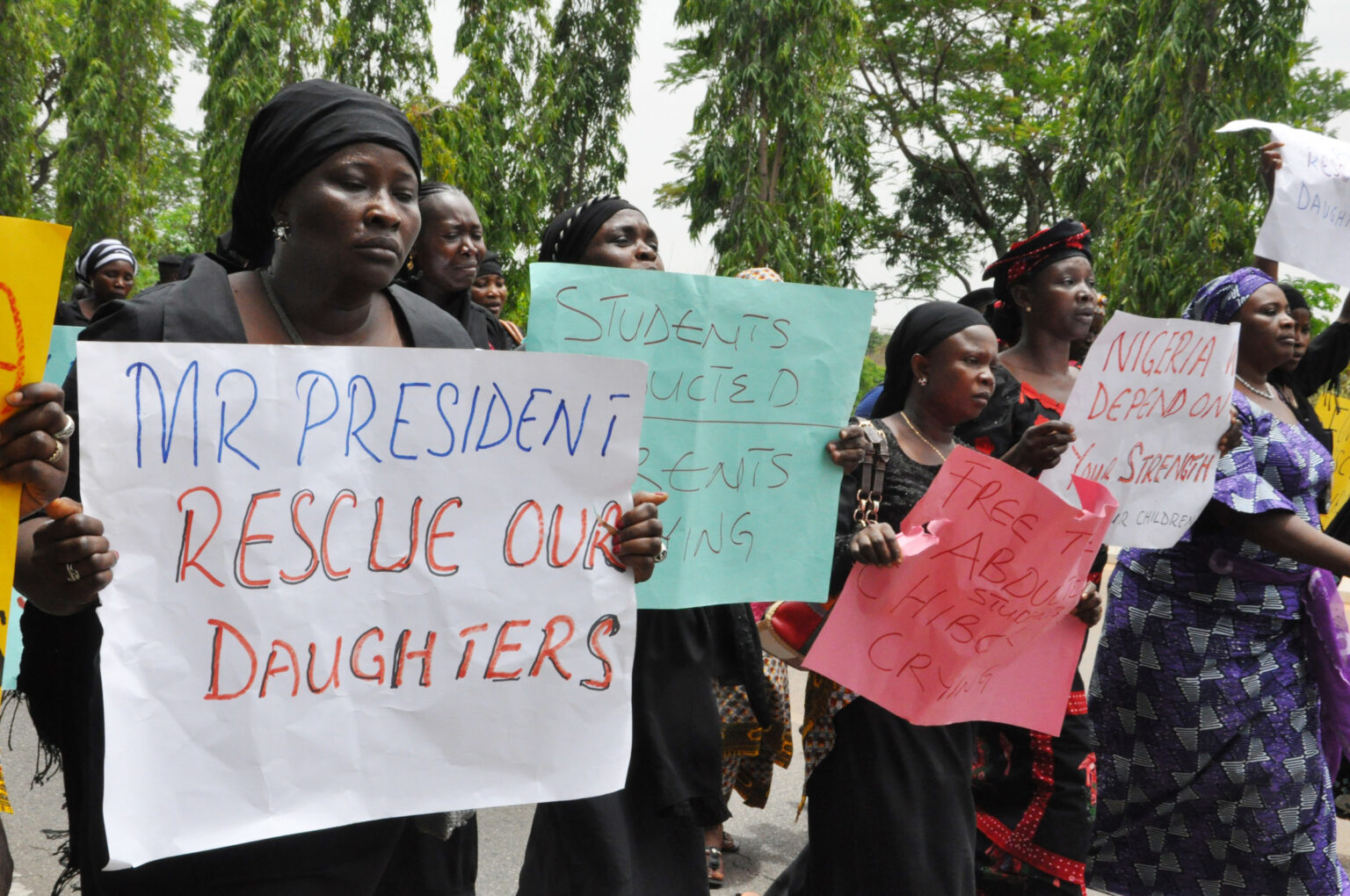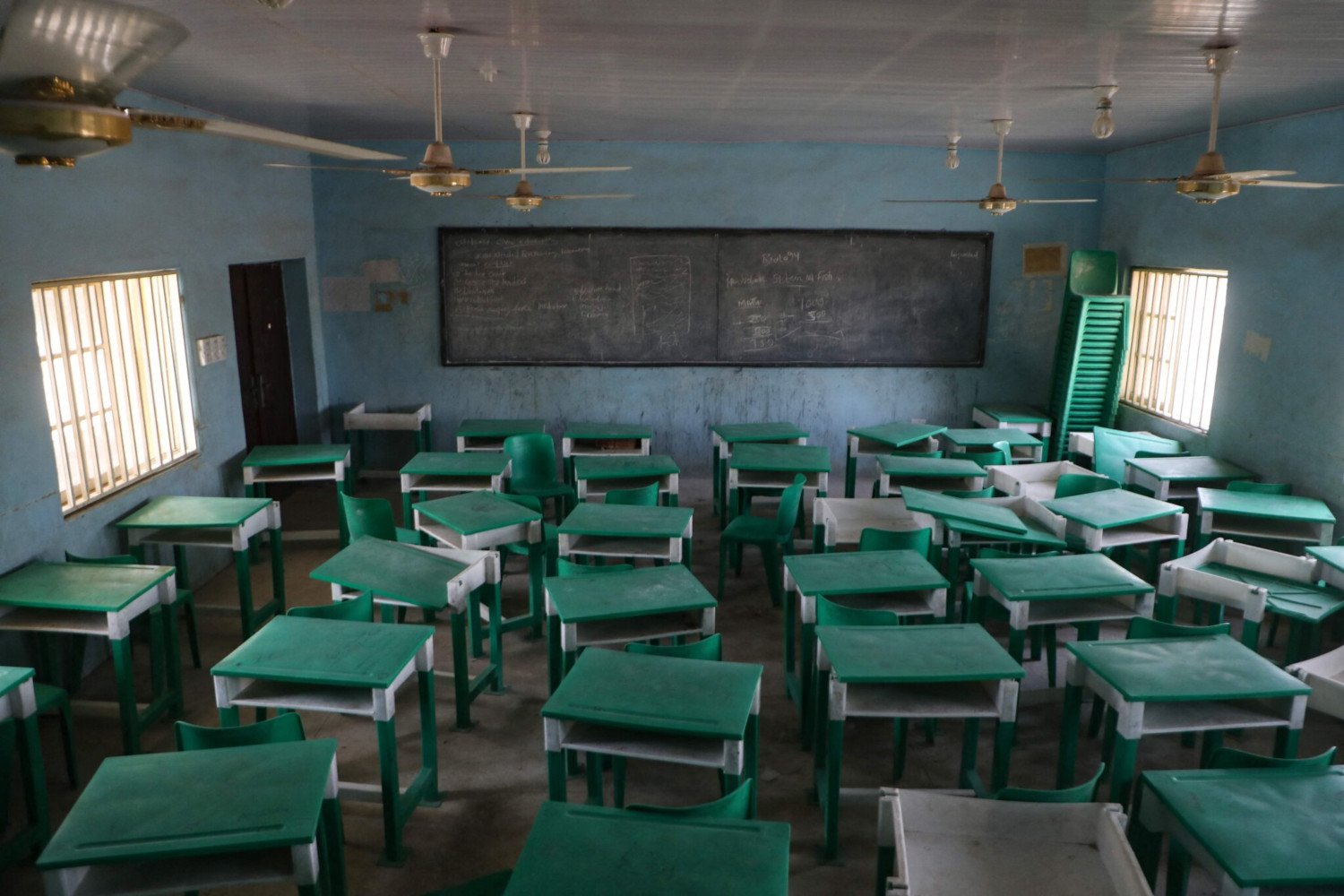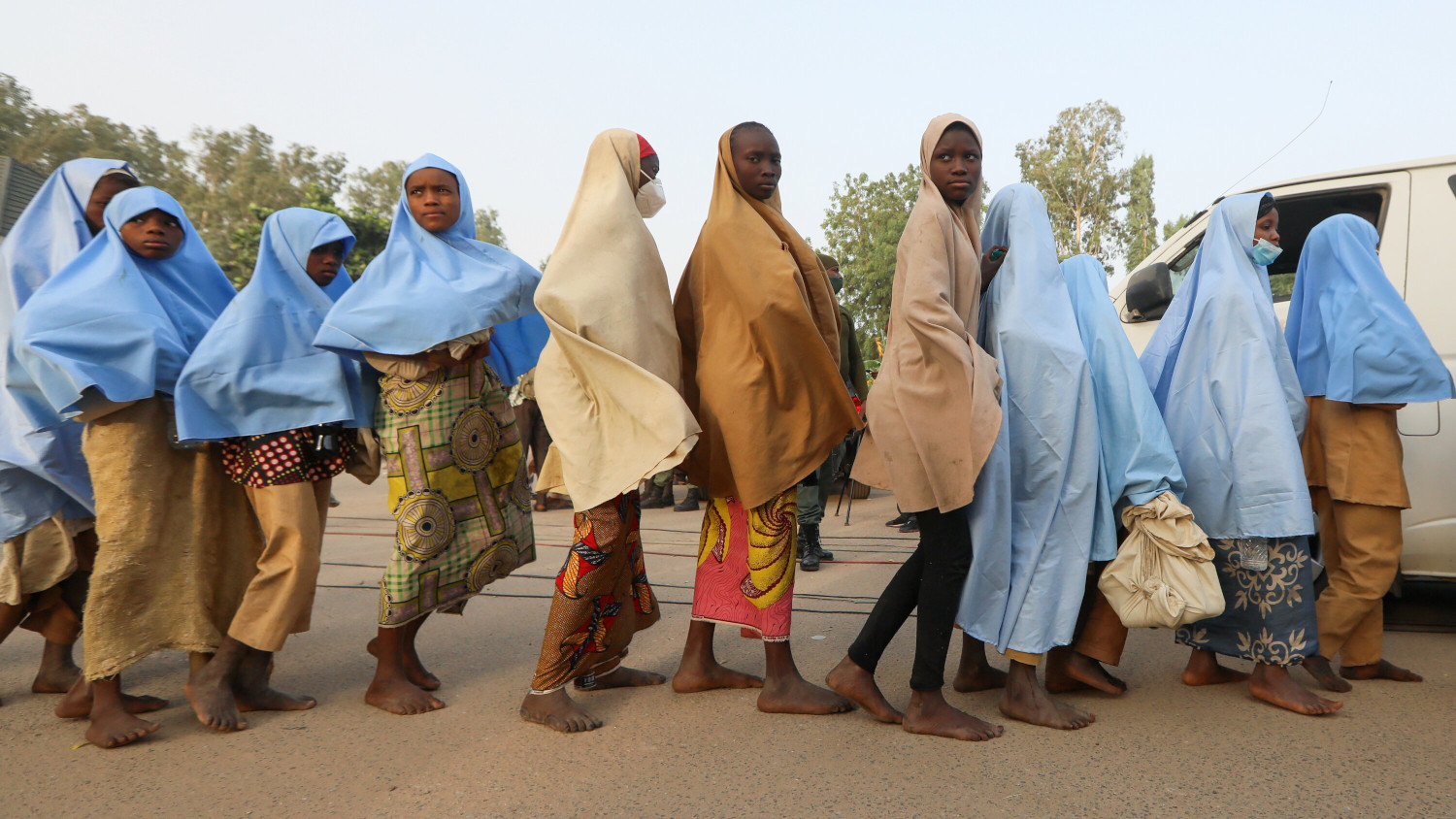
True crime: How nearly 300 Nigerian schoolgirls were kidnapped
If you followed the true crime case that sparked the hashtag #BringBackOurGirls in 2014, this new headline may be eerily familiar to you. Over 300 Nigerian girls were kidnapped from their boarding school and so far, 273 have been returned safely.
According to The Washington Post, this is the second mass-kidnapping of school children in Nigeria in one week. Kidnapping school children has been a problem for quite some time, but the Nigerian government reports the problem is worsening. Let’s dive into these kidnappings and how & why this true-crime happens there.

Ransom
The Washington Post reported Nigerians spent over $18 million in ransom payments over the last decade, per a report from financial consulting firm SB Morgan. SB Morgan further indicated that true crime was escalating over the last five years, as $11 billion of the reported $18 billion was paid in the last five years.
The New York Times reported Nigeria is no stranger to true crime and has a growing criminal industry in kidnap-for-ransom. While the industry began by going after wealthy Nigerians, kidnappers have escalated to snatching poorer citizens & school children over the last decade.
Due to Nigeria’s economic instability, the report from SB Morgan, called “The Economics of the Kidnap Industry in Nigeria”, said kidnappings were on the rise. “The Boko Haram insurgency marked a decade in 2019 and has coloured much of the security atmosphere in the last decade. In the North West and North Central, pastoral conflict between farmers and herders have led to increasing hostilities.”

True crime violence
The report also detailed an increase in sea piracy along the southwest coast and an increase in youth gang activity. SB Morgan’s report further explained that kidnappings in the north were more likely to be fatal, since “where existing violence and/or historic violent norms have devalued human lives, crimes such as kidnapping tend to result in more fatalities.”
Worse, like with every supply & demand journey, the report indicated that as this true crime spree has increased, the costs have become lower. Due to lower prices increasing demand, kidnapping has become more profitable.

“Now there are a lot more incidents for smaller amounts, but the sheer number of incidents, speaking to the democratisation of the kidnap industry, means that the kidnap economy now makes more money”, the report explained.
The report mentioned a kidnap merchant, Hamisu “Wadale” Bala, who made millions in ransoms in addition to aiding cattle rustlers, militias, and terrorists in Nigeria. The report also mentioned numerous examples of kidnappings occurring where kidnapping gangs, or “bandits” as Nigerian officials call them, make off with a ton of money.
Alhamdulillah! It gladdens my heart to announce the release of the abducted students of GGSS Jangebe from captivity. This follows the scaling of several hurdles laid against our efforts. I enjoin all well-meaning Nigerians to rejoice with us as our daughters are now safe. pic.twitter.com/YKfHoUuiXP
— Dr. Bello Matawalle (@Bellomatawalle1) March 2, 2021
Government Girls Secondary School
In the early hours of the morning on Friday, bandits ambushed the Government Girls Secondary School in Jangebe. Villagers were alerted when gunshots rang through the town, but by the time police & security forces could get to the scene, the girls had been taken.
Officials scoured the area, and Dr. Bello Matawale, the governor of Zamfara released a statement: “I wish to assure everyone that we are wholly committed to ensuring a speedy rescue of our dear schoolgirls.”

This was the second kidnapping in nine days in Nigeria. The previous December, Boko Haram, the same militia claiming responsibility for the kidnapping that prompted #BringBackOurGirls in Chibok, claimed they kidnapped over 300 schoolboys.
When the majority of the girls reappeared Tuesday, Bello Matawale claimed, per Reuters, that he had been working with “repentant bandits” to secure the girls’ return. “Those repentant ones are working for us, and they are working for the government and they are working for security”, he said. Reportedly, all the girls were freed with no fatalities.

Will it continue?
Isa Sanusi, a spokesman for Amnesty International in Nigeria’s capital, Abuja, said on the rise in kidnappings: “That is lucrative. Ordinary people will give up all they have to save their families.” He further added: “Kidnapping the children gets them worldwide publicity, and governments are always looking for a quick way of rescuing them. Ransom payments are one of the only options.”
Peter Hawkins, a UNICEF representative in Nigeria, stated while he’s glad the schoolgirls were returned safely, more must be done to prevent this true crime from happening.
“While we rejoice at the release of the schoolgirls and look forward to their safe return to their families, we reiterate that attacks on students and schools are not only reprehensible but a violation of the right of children to an education. It is a right that any society can ill-afford to violate”, Hawkins said.







